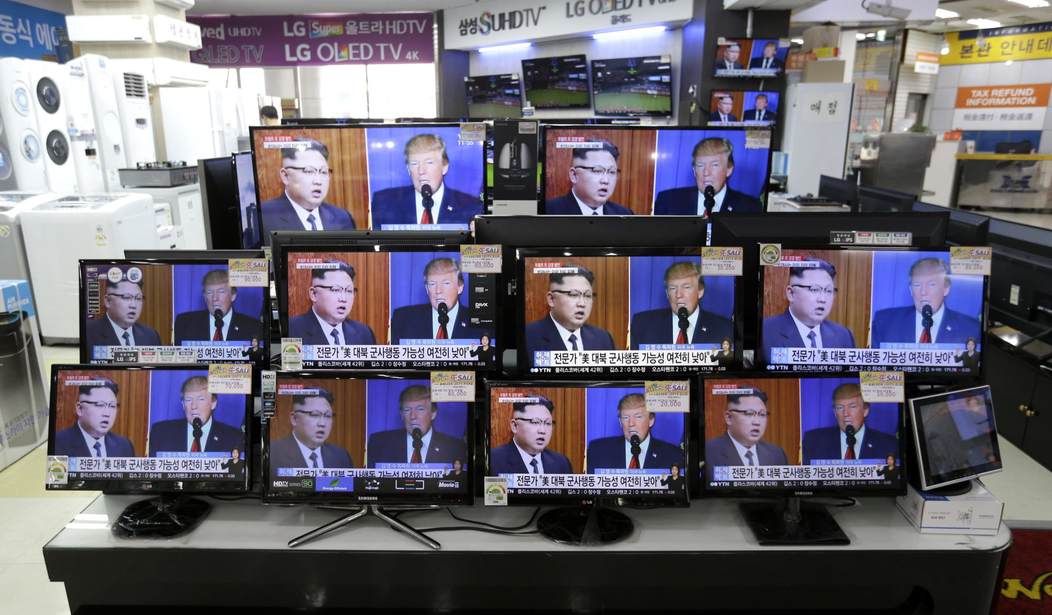WASHINGTON — D.C.’s delegate to Congress said that as nuclear tensions rise with North Korea, the United States should get rid of its nuclear weapons.
“Kim Jong Un of North Korea, who is obviously a madman who doesn’t mind starving or killing his people, will be tested like never before!” President Trump tweeted Friday.
“Just heard Foreign Minister of North Korea speak at U.N. If he echoes thoughts of Little Rocket Man, they won’t be around much longer!” the president followed up on Saturday.
North Korea’s Foreign Minister Ri Yong Ho told reporters in New York on Monday that Trump “claimed that our leadership wouldn’t be around much longer and declared a war on our country.”
“Since the United States declared war on our country, we will have every right to make all self-defensive counter measures, including the right to shoot down the United States strategic bombers at any time even when they are not yet inside the aerospace border of our country,” Ri said.
White House press secretary Sarah Huckabee Sanders responded, “We’ve not declared war on North Korea. And frankly the suggestion of that is absurd.”
Del. Eleanor Holmes Norton (D-D.C.) introduced Monday the Nuclear Weapons Abolition and Economic and Energy Conversion Act of 2017 to mandate a U.S.-brokered international agreement that would see America’s nuclear stockpile disabled and dismantled by 2024.
“There is no greater threat to the future of our planet than nuclear war,” Norton said in a statement. “As we seek to eliminate North Korea’s march toward achieving long-range nuclear weapons, our nation, with the world’s largest nuclear arsenal, should lead by example by bringing nations together to begin negotiations on reducing our stockpiles of warheads and moving toward realizing a world without nuclear weapons.”
Though the timing of this year’s introduction coincides with the North Korea nuclear showdown, Norton has re-upped versions of the bill since 1994 after D.C. voters passed a 1993 nuclear disarmament initiative.
Her bill also mandates that funds slated for nuclear uses be redirected to expenditures such as environmental protection — with a caveat banning nuclear energy — healthcare, infrastructure and social services.









Join the conversation as a VIP Member